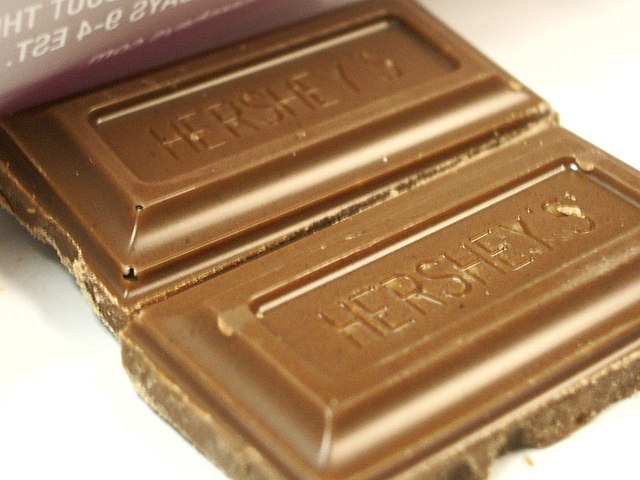The Earlier Wave of Immigration, Washington Park Tavern, One-Armed Wally and the Chocolate Bars
Photo by SpooSpa, Wikimedia Commons
These days, something like one third the growth in our population in the United States is due to immigration. A statistic that startles some folk, but really, not surprising considering our roots. We now have the largest immigration since the waves that brought my own family here back in the early 1900s. Talk now here and all over Europe roils about what to do about these huge movements of people. I found reassurance in thinking about my own family and how they lived and worked after coming here in the early 1900s. I share with you this little vignette I wrote in the voice of a ten-year-old in my memoir about growing up in the 1950s in Kenosha, Wisconisn, the grandchild of immigrants from Poland who through their hard work carved out their new lives in this country.
Washington Park Tavern. That was the name of Grandma and Grandpa's bar, named for the park across the street with acres of rolling hills, grass and trees. The park started blocks and blocks away, over near Grandma's house. In the middle, it dipped down to the spring that fed into the well and a creek that ran through the whole park. There was also a 'bowl' down there at the bottom of the park, a big oval track where in the summer bicycle races were held on Friday nights. The park didn't climb back up to the street level until way over on the other side where the Italians lived. Tons of stuff was named after that park, including the road that ran in front of the tavern. Washington Park Road.
The tavern, it was old, like a big box made out of dirty cream colored bricks with a flat tar roof. The building took up the whole corner, sticking out funny on one side into Washington Park Road. That's where the street had to make a sharp right turn so cars wouldn't crash into the tavern. That corner sticking out had glass block windows instead of regular windows like the rest of the place. Dad said that was to protect the tavern in case someone did plough into it. No one ever did. Even so, Dad would always tell Mom that someday the government would buy that tavern, buy it so they could take it down and it wouldn't be a traffic hazard anymore. Then they could move back to Seattle, where her folks still lived, like she wanted.
Mom and Dad got to the tavern every single day by 8 a.m. Seven days a week. Dad said they had to get there early, so things would be clean and ready when the first customers showed up. Mom only had to work in the mornings. Grandpa did all the other bartending shifts to help dad out, like when it got really busy, they held the bike races, or when Dad wanted to come home for something to eat.
Volume, that's what Dad said made his business. He was proud that they had some of the lowest prices in town. He liked to brag about his deal with Dortmunder, that his order made up a third of the total beer the German company sent to Kenosha. These big kegs came by ship all the way through the Great Lakes to our harbor. Big barrels of it down in the basement.
On school days, we kids rode to the tavern with Mom and Dad. We walked the three blocks from there to school. Last I'd see was Dad running this raggedy mop all over the light green linoleum floor. Mom rubbing a soft cloth down that long mahogany bar. The smell of wood polish, old beer and cigarette smoke all mixed in with the Pine-Sol.
Pages: 1 · 2
More Articles
- Women's Health and Aging Studies Available Online; Inform Yourself and Others Concerned About Your Health
- Jo Freeman Reviews The Everyday Feminist: The Key to Sustainable Social Impact - Driving Movements We Need Now More Than Ever
- "Henry Ford Innovation Nation", a Favorite Television Show
- Women at War 1939 - 1945, The Imperial War Museums: Queen Elizabeth
- Ferida Wolff's Backyard: Fireworks Galore!
- Jill Norgren’s Late Summer Reading Suggestions
- Upcoming Exhibitions at the Fashion Institute of Technology (FIT): Head to Toe and Ravishing: The Rose in Fashion
- Jo Freeman Reviews It’s In The Action: Memories of a Nonviolent Warrior by C. T. Vivian with Steve Fiffer
- Jo Freeman Reviews The Daughters of Kobani: A Story of Rebellion, Courage and Justice
- Magazines and the American Experience: Highlights from the Collection of Steven Lomazow, M.D







